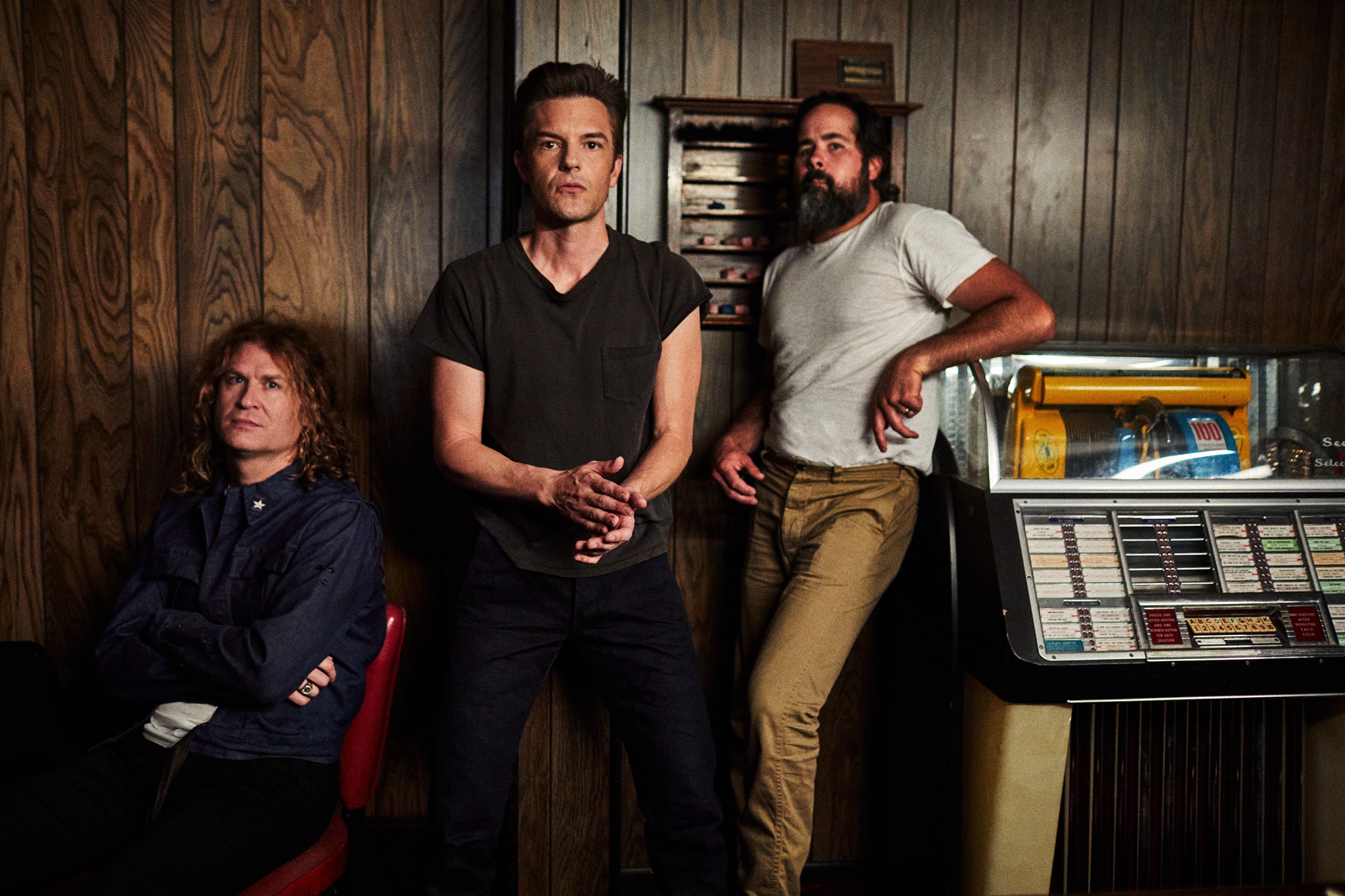
Music Critic Abi Kinsella reviews The Killers latest album, praising its sense of place and narration
Content Warning: Discussion of suicide
The Killers’ strength has always been in their sense of place. This is no exception to their latest album either: the 11-song Pressure Machine. In fact, the sense of place here is perhaps the strongest of their seven albums. It is the unique timeliness of the setting that sets it apart – a small, regressive town worlds away from the glorious, expansive ‘Lightning Fields’ of Imploding the Mirage, released only a year ago. A year in which the world has been fundamentally changed. The album evokes a feeling of entrapment; the amplified frustrations of a world reduced to a few faces and locations. A globally familiar feeling.
Eight of the eleven songs follow a standard set by the first track on the album, one of raw, sombre instrumentation and yearning vocals. ‘West Hills’ begins – as do its seven disciple tracks – with spoken-word narration, in the style of an interview. The subjects are conflicted in their opinions of small-town life, one appearing contented and the other hostile. This perhaps reflects the opinion of singer Brandon Flowers himself, who appears in these eight songs to embody a preacher with a gun to his head. His expressions of affection for the place appear forced, while his criticisms are flashes of passionate truth.
the sense of place here is perhaps the strongest of their seven albums
This is perhaps most apparent in ‘Quiet Town’, where affection for the ‘good people’ who live there and feel safe enough not to bolt their doors at night is juxtaposed against stories of a train famous for causing fatalities. The spoken-word narrator at the beginning hypothesises that the train is a way to ‘find a way out of this life… if you get hit by it.’ The people of this town, it is becoming clear, live in hope of a power beyond themselves. The faith motif continues into ‘Cody’, which speaks of “waiting for a miracle”. It also laments the repetitive nature of life – ’round and round it goes’. One cannot help but make comparisons to the dragging days of the pandemic.
‘Sleepwalker’ steps inside the human condition, and reassures that ‘everyone is afraid of something’. ‘In Another Life’ hypothesises that it may be oneself that they are afraid of, with Flowers asking ‘when will I make it home tonight?’ and answering ‘when that old jukebox in the corner stops playing country songs/Stories that sound like mine.’
The narrator at the beginning of ‘Runaway Horses’ recounts the sorrow of a girl on the death of her horse. The death of the horse is subtly equated with the death of freedom once the song itself begins, when the girl eventually gets married ‘in a barn on the edge of town’ – so tantalisingly close to escaping, and yet so far.
The titular ‘Pressure Machine’ encapsulates most overtly the themes of the album – the ‘Kingdom of God’ and ‘a mattress on a hardwood floor’. The sense of a higher power and images of a life lived in a small and simple setting. It asks, “can’t you feel the time slipping away?” a question many of us have asked ourselves in a year that has often felt like a series of wasted hours. The final track, ‘The Getting By’, declares once and for all the philosophy of the world Pressure Machine has created: ‘this town is tied to the torso/Of God’s mysterious ways.’
Scattered between these eight similar songs are three that don’t fit the mould. The first appear to be sister songs – ‘Terrible Thing’ and ‘Desperate Things.’ These are the only two tracks without a spoken-word introduction. The thread running between them appears to be shame, Flowers singing about things that he wouldn’t admit to a camera, or indeed a confessional priest – suicide and adultery. There is a whispering, candlelit feel to both tracks, especially ‘Terrible Thing’ with its high volume of soft plosive sounds, “t”s and “k”s and “d”s that die on the tongue so as not to draw too much attention.
It is profoundly human, in a time when we have been reflecting perhaps more than ever on what exactly that means
The last remaining song is ‘In the Car Outside’, where ‘outside’ appears to refer to outside the self-imposed stylistic constraints of the album. There is a spoken-word beginning, but it does not take an interview form, rather sounds like an eavesdropped upon conversation. The clean yet frenzied rock-ish instrumentation evokes more the escapist, defiant feel of Danger Days than the longing, raw tones of the rest of Pressure Machine. One only has to look to the lyrics to hypothesise why: ‘the shadow of the cross don’t pass.’
Pressure Machine is an album about frustration, the amplification of small problems in environments where there is nowhere to escape to, and longing for freedom. It is about making desperate attempts to remain thankful for what you have, whilst also cursing the fact that you have been dealt a poor hand. It is profoundly human, in a time when we have been reflecting perhaps more than ever on what exactly that means.
Rating: 8/10
___________________________________________________________________________________________________________________________
You Might Also Like:
Comments